Roberta Walker Kilkenny, Adjunct Lecturer, Hunter College, Alice Krueger, Virtual-Ability, Inc.
3D virtual worlds, such as Second Life and the various OpenSimulator grids, provide immersive environments that can facilitate project- and problem-based learning. At the City University of New York these possibilities are being explored in the health sciences, education and other disciplines. Four types of disabilities can negatively impact learners’ functioning in virtual worlds, however: keyboard/mouse; print; hearing/speech; and cognitive. As an educational community, it is incumbent upon us to extend meaningful access from the physical classroom to the virtual one so that students with disabilities can achieve their learning goals. This presentation will explore some of the design strategies, assistive technology and software, and support services that can enable learners with a wide range of disabilities to enter, learn and thrive in 3D virtual worlds. Attendees will engage in simulations of the difficulties in using virtual worlds that are experienced by persons with different kinds of disabilities. This will be followed by a discussion of: Universal Design (UD). UD “states that well-designed environments should be optimized for use by all persons, regardless of disabilities or their use of assistive technology” (Krueger, 2012). We will explore and evaluate poor interface designs as well as best practices in the application of UD principles to the design of 3D virtual spaces (e.g. Virtual Ability Island). Assistive Technology (AT). AT is defined by the Individuals with Disabilities Education Improvement Act (2004; IDEIA) as “any item, piece of equipment, or product system, whether acquired commercially off the shelf, modified, or customized, that is used to increase, maintain, or improve functional capabilities of a [person] with a disability.” We will examine and demonstrate assistive hardware (e.g. head pointer) and software (e.g. Dragon Naturally Speaking, Radegast and NVDA) that may be used to increase, maintain or improve the functional capabilities of learners interacting with 3D virtual worlds. Student Support Services (SSS). SSS aim at increasing the number of students who satisfactorily complete their learning. This is particularly important in 3D virtual environments that tend to require extensive interaction with technology and, hence, have a steep learning curve. Information on organizations (e.g. Virtual Ability, Inc.) and mutual support groups (e.g. Brigadoon Explorers) that provide services for persons in 3D virtual worlds will be provided. We will also make suggestions for possible expansion of campus technology and accessibility support programs to increase retention. Attendees will be given a handout with references and links to accessibility guidelines and other resources.
Bio
Roberta Walker Kilkenny
Roberta Walker Kilkenny is an Adjunct Lecturer at Hunter College, City University of New York, where she teaches in the Department of Africana and Puerto Rican/Latino Studies. She has also served as a peer consultant in Hunter’s Faculty Innovations in Teaching with Technology program. Roberta’s current research interests include experiential and immersive learning. Her avatar name in the virtual world is Oronoque Westland. In addition to her academic interests, Roberta has produced a number of audio-documentaries and is currently pursuing an interest in video-documentaries. She holds a Masters in Economics from the New School for Social Research and a Masters in Educational Technology Leadership from George Washington University.
Alice Krueger
Alice Krueger was a teacher, professional development provider, and educational researcher before becoming fully disabled with multiple sclerosis. In 2007, she founded a cross-disability peer support community for people with disabilities in the virtual world Second Life. Her avatar name in Second Life is Gentle Heron. She also heads the 501(c)3, Virtual Ability, Inc. Virtual Ability won the first Linden Prize in 2009 for providing significant benefits for its members. Alice has co-authored several articles, including:
Boellstorff, Tom, Donna Davis, and Alice Krueger. “Disability and Virtual Worlds: New Frontiers of Appropriation.” Selected Papers of Internet Research 3 (2013).
Krueger, Alice, Ann Ludwig, and David Ludwig. “Universal Design for Virtual Worlds.” Journal For Virtual Worlds Research 2, no. 3 (2009).
Krueger, Alice, and Margaret Grace Stineman. “Assistive Technology Interoperability between Virtual and Real Worlds.” Journal of Virtual Worlds Research 4, no. 3 (2011).
